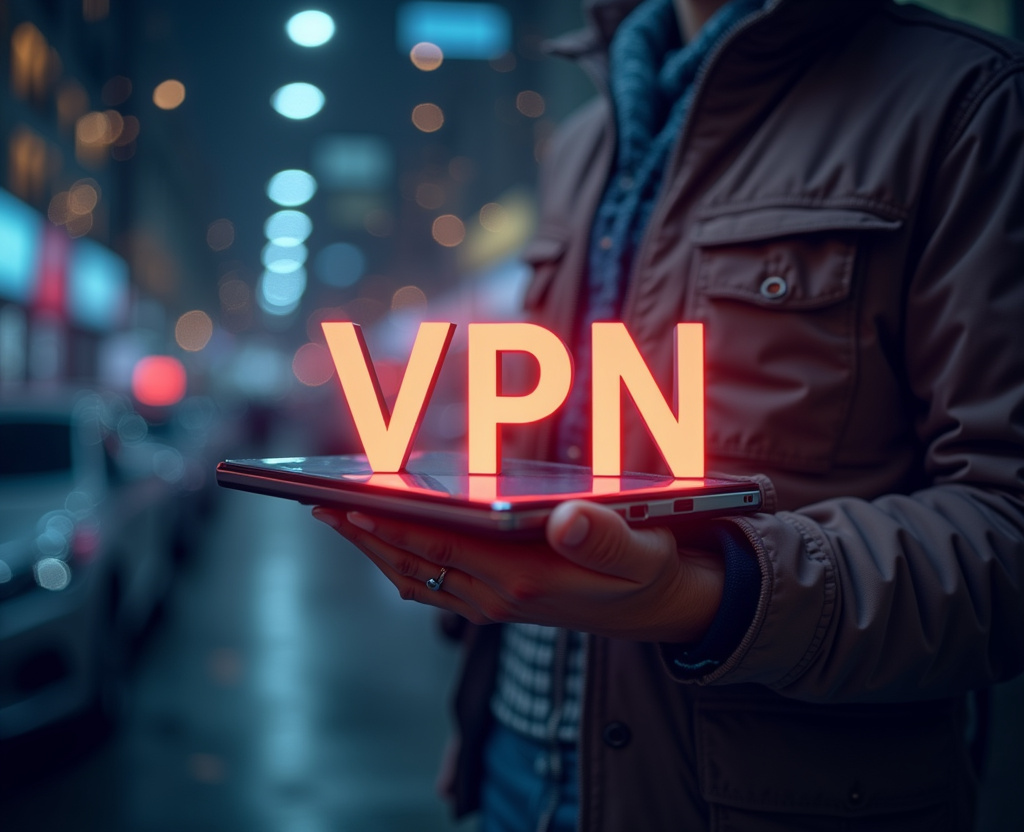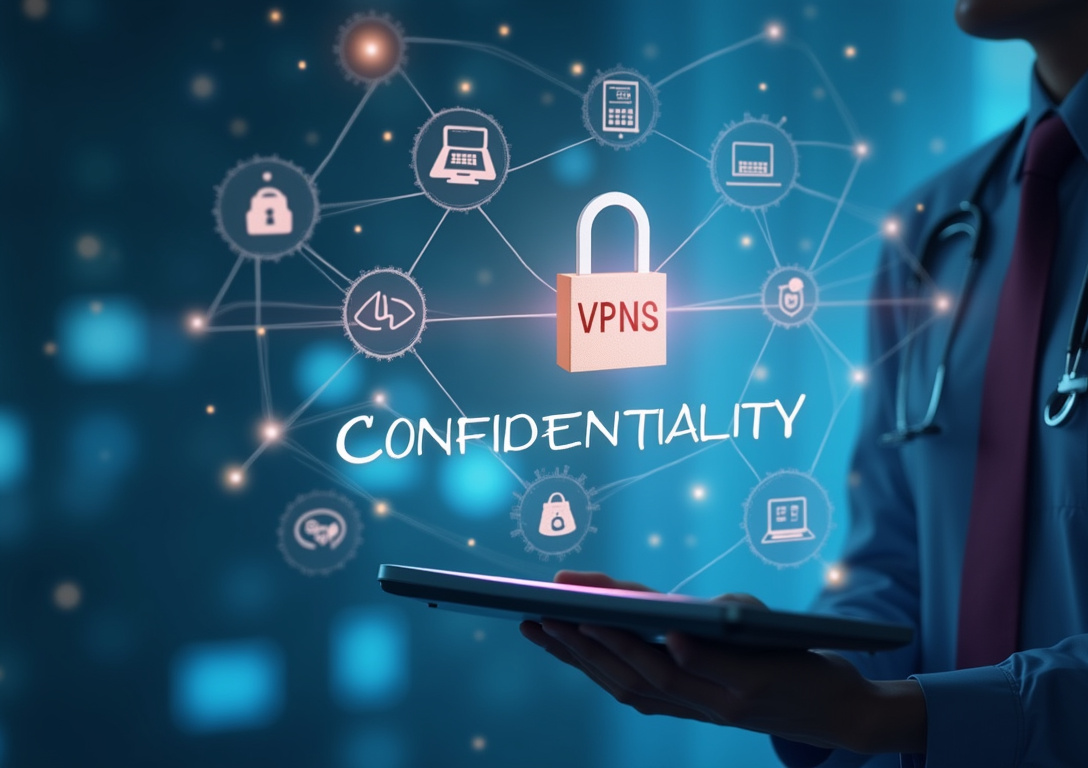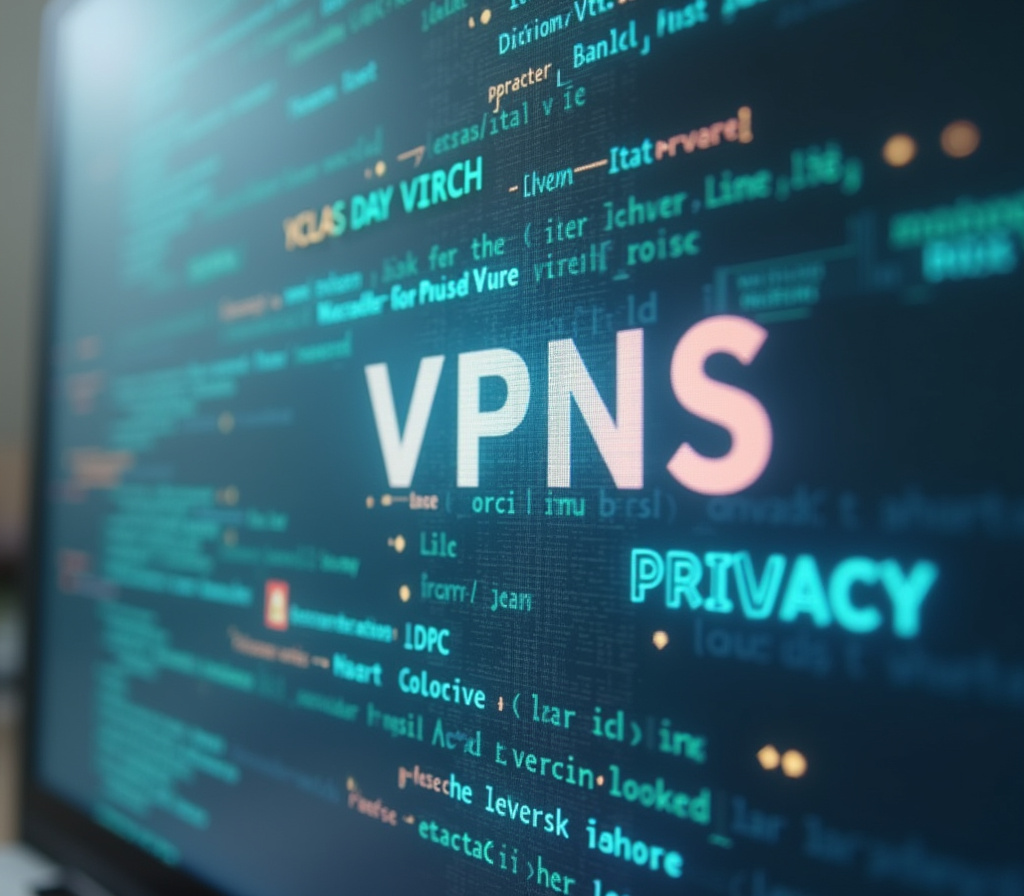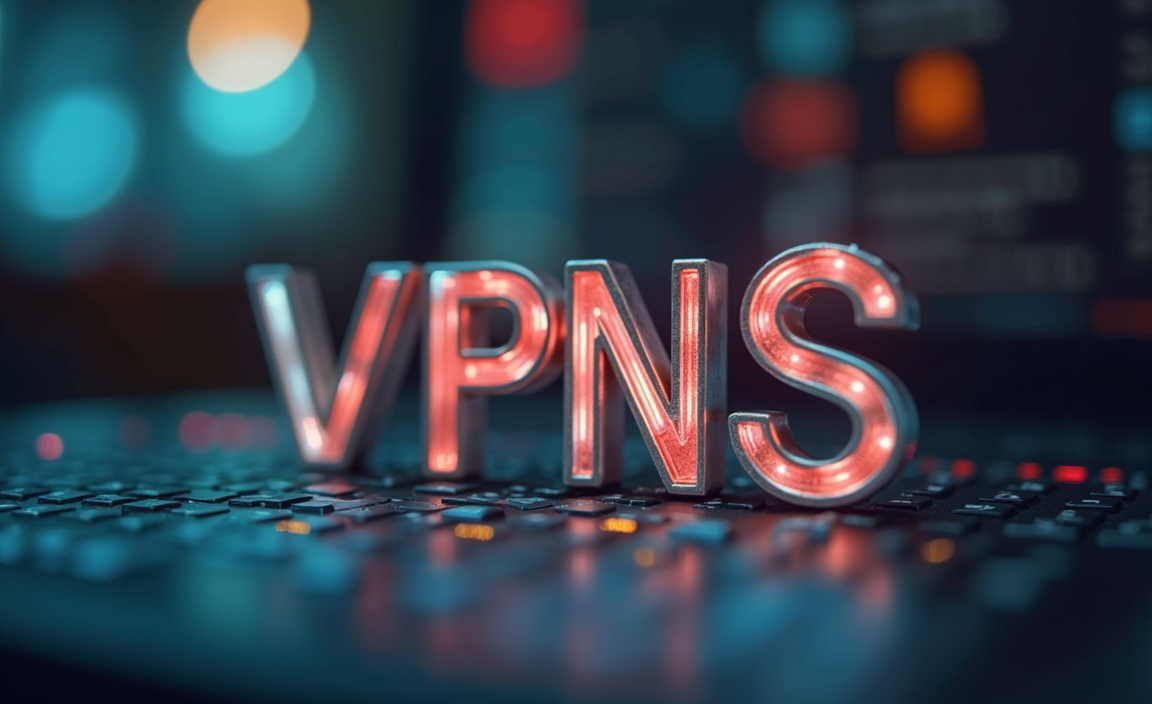Maximizing Online Privacy with VPNs
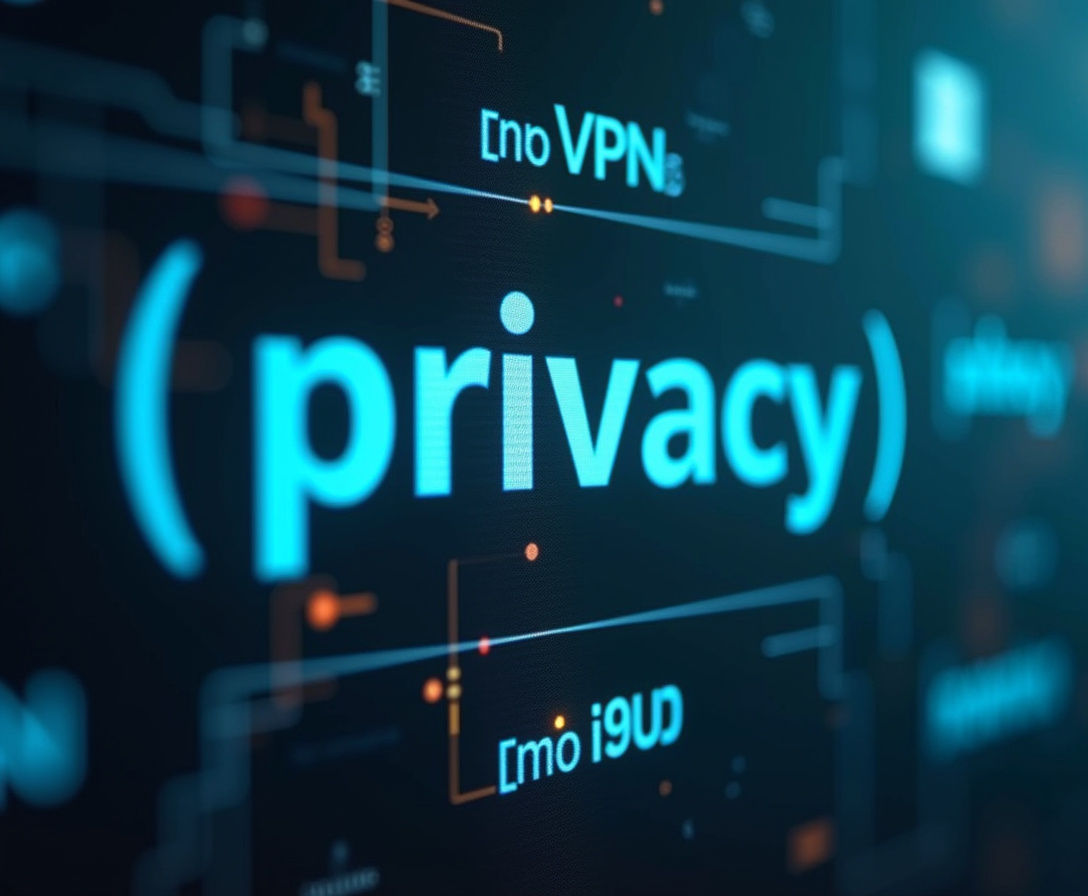
Table of Contents
online privacy
In today's interconnected digital landscape, the concept of has transcended the realm of mere concern and become a critical imperative. Our digital lives, encompassing everything from our browsing habits and social media interactions to our online financial transactions and private communications, are constantly generating vast amounts of data that are being collected, analyzed, and potentially exploited by a multitude of entities. Internet service providers (ISPs), advertising networks, social media platforms, government agencies, and even malicious hackers are all vying for access to this data, raising serious concerns about the erosion of personal autonomy, the potential for identity theft, and the chilling effect of constant surveillance.
In this environment, the need for robust tools and strategies to safeguard our has never been more pressing. Fortunately, a powerful and readily available solution exists: the Virtual Private Network (VPN). This article serves as a comprehensive guide to maximizing your through the use of VPNs.
We will delve into the fundamental principles of VPN technology, exploring how these tools work to encrypt your internet traffic, mask your IP address, and shield your online activities from prying eyes. We will also examine the diverse range of available within the VPN landscape, comparing different encryption protocols, server locations, and logging policies to help you make informed decisions about choosing the right VPN for your specific needs. Furthermore, we will address common misconceptions about VPNs, discuss their limitations, and provide actionable advice for optimizing your VPN setup to achieve the highest possible level of .
Our goal is to empower you with the knowledge and understanding necessary to navigate the complexities of online security and reclaim control over your digital footprint. We aim to demystify the technical jargon surrounding VPNs and present the information in a clear, accessible manner, regardless of your level of technical expertise. At its core, a VPN creates a secure and encrypted tunnel between your device and a remote server, effectively masking your IP address and routing your internet traffic through this tunnel.
This process not only hides your true location and identity but also protects your data from interception by third parties, especially when using unsecured public Wi-Fi networks. The encryption provided by VPNs scrambles your data into an unreadable format, making it virtually impossible for anyone to decipher it without the proper decryption key. This is particularly crucial for protecting sensitive information such as passwords, financial details, and personal communications.
Beyond simply masking your IP address and encrypting your data, a VPN can also provide a significant boost to your . By connecting to a VPN server in a different country, you can effectively appear to be browsing the internet from that location, bypassing geographic restrictions and accessing content that might otherwise be unavailable. This can be particularly useful for accessing streaming services, social media platforms, or news websites that are blocked in your region.
However, it's important to remember that is not absolute. While a VPN can significantly enhance your , it cannot completely eliminate the risk of being tracked online. Websites and online services can still use other methods, such as cookies and browser fingerprinting, to identify and track users.
Therefore, it's essential to combine the use of a VPN with other -enhancing tools and practices, such as using a privacy-focused browser, disabling cookies, and employing a secure search engine. In the following sections, we will explore these strategies in greater detail, providing a comprehensive guide to maximizing your and security in an increasingly interconnected world. We will discuss the importance of choosing a VPN provider with a strong commitment to , a clear and transparent logging policy, and a proven track record of protecting user data.
We will also delve into the technical aspects of VPNs, comparing different encryption protocols and examining the nuances of server selection. By understanding the inner workings of VPNs and implementing best practices for secure usage, you can significantly and safeguard your in the face of growing online surveillance.
online privacy
The architecture of a VPN's operation hinges on establishing a secure, encrypted tunnel that shields your internet traffic from interception and unauthorized access. To understand this process, it's crucial to differentiate between your public IP address, assigned by your ISP and visible to every website and service you interact with online, and the IP address provided by the VPN server to which you connect. When you activate your VPN, your device establishes an encrypted connection to a VPN server, effectively masking your original IP address with the server's IP address.
This makes it considerably difficult for websites, advertisers, and other tracking mechanisms to pinpoint your actual location or build a profile centered on your browsing habits. Instead, they will see the IP address of the VPN server, which is shared by potentially hundreds or thousands of other users, making it incredibly challenging to identify you specifically. This IP address masking is a fundamental element in enhancing .
The encryption aspect of a VPN is precisely important. translates your data into an indecipherable string of characters, rendering it incomprehensible to anyone intercepting it. This is paramount when utilizing public Wi-Fi networks, which are frequently unsecured and vulnerable to eavesdropping attacks.
Without encryption, your passwords, financial information, and other sensitive data could be effortlessly stolen by malicious actors lurking on the same network. The encryption process uses complex cryptographic algorithms to scramble your data before it leaves your device, and then decrypts it on the VPN server before it is sent to its final destination. This ensures that even if your data is intercepted during transit, it will be useless to the attacker without the decryption key.
Different VPN protocols provide varying degrees of encryption strength and security. OpenVPN is widely recognized as the gold standard, employing robust encryption algorithms and offering a high level of security and flexibility. Other protocols, such as IKEv2/IPsec and WireGuard, also present excellent security performance and speed, each with distinct advantages.
When selecting a VPN, your primary concern should be to prioritize providers that support these strong encryption protocols. Some older protocols, such as PPTP, are considered obsolete due to their known security vulnerabilities and should be avoided. The choice of protocol can also have an impact on your connection speed, so it's worth experimenting with different protocols to find the best balance of speed and security for your needs.
The concept of achieving extends beyond the simple masking of your IP address and the of your data. A genuinely anonymous VPN service should also adhere to a strict no-logs policy, meaning they do not track or store any information about your online activities. This includes refusing to record your browsing history, connection timestamps, IP addresses, or bandwidth usage.
A no-logs policy minimizes the risk of your data being compromised in the event of a data breach or being handed over to government authorities. However, you must scrupulously analyze the VPN provider's privacy policy and any independent audits performed to confirm the truthfulness of their no-logs claims. Some VPN providers might claim to offer a no-logs policy but still collect certain types of metadata, such as connection logs or bandwidth usage, which could potentially be leveraged to identify users.
Consequently, thorough research and due diligence are crucial when picking a VPN to maximize your . The location in which a VPN provider is based also plays a significant role in its capacity to protect your . VPN providers located in countries with strong data protection legislation and an unwavering commitment to privacy are generally more trustworthy than those based in countries with lenient regulations or a history of government surveillance.
As you weigh your , remember safeguarding your involves embracing strong , assessing the provider's , and choosing a service dedicated to for its users.
privacy options
The VPN marketplace presents a complex and diverse array of , tailored to accommodate varying user needs and preferences. Beyond the foundational elements of encryption and IP address masking, factors such as server locations, connection speeds, customer support responsiveness, and pricing structures all contribute to the overall user experience and the degree of achieved. However, the paramount consideration remains the provider's unwavering commitment to and the robustness of its measures.
Server location diversity is a critical feature to examine. A wider selection of server locations allows you to connect to servers in different countries, potentially bypassing geo-restrictions and accessing content that may be blocked in your region. It also lets you choose a server closer to your actual location, which can improve connection speeds and reduce latency.
Furthermore, the availability of servers in privacy-friendly jurisdictions is crucial. Opting for servers located in countries with strong data protection laws and a respect for can provide an extra layer of security and protection against government surveillance. A crucial aspect of manifests in the provider's logging policy.
As previously emphasized, a strict no-logs policy is indispensable to safeguard the confidentiality of your online activities. However, the absence of logs must be verifiable, not merely a marketing claim. Seek out VPN providers that have commissioned independent audits from reputable cybersecurity firms to validate their no-logs assertions.
These audits present an impartial evaluation of the provider's privacy practices, affording heightened assurance that your data remains untracked and unrecorded. Scrutinize what data, if any, is collected. Some VPNs that claim "no logs" may still keep connection logs, bandwidth usage, or other metadata that, while not your specific browsing history, could still potentially be used to identify you or your activity patterns.
Beyond the technical safeguards, the legal jurisdiction under which a VPN provider operates is a significant determinant of its ability to protect your . VPN providers headquartered in countries with robust data protection legislation, such as Switzerland or Iceland, generally offer superior privacy assurances compared to those based in nations with lax regulations or a track record of government surveillance. These jurisdictions often have laws that limit the government's ability to demand user data from VPN providers.
Conversely, VPN providers located in countries that are part of the "14 Eyes" surveillance alliance may be subject to greater government scrutiny and pressure to share user data. Furthermore, investigate the VPN provider's history concerning compliance with government data requests. A provider that has historically resisted governmental pressure and vigorously defended the privacy of its users displays a solid commitment to your .
Look for cases where a VPN provider has been challenged in court or has publicly stated its refusal to comply with intrusive government requests. This demonstrates their willingness to prioritize user privacy over government demands. Evaluate additional security features such as a kill switch.
A kill switch automatically terminates your internet connection if the VPN connection drops, preventing your data from being exposed in the event of a VPN failure. DNS leak protection is another crucial feature. It ensures that your DNS requests are routed through the VPN server, preventing your ISP from monitoring the websites you visit.
Also, understand the implications of using free VPN's, while seemingly attractive, free VPN services often come with hidden costs. They may monetize your data by selling it to advertisers, inject ads into your browsing sessions, or even harbor malware. Therefore, it's generally advisable to opt for a reputable paid VPN service with a proven track record of protecting user privacy.
By carefully considering these factors, you can effectively navigate the diverse landscape of VPNs and select a provider that aligns with your specific needs and helps you . This allows you to enjoy the benefits of a secure and private online experience while minimizing the risk of your data being compromised. Remember comes as a result of carefully analyzing all the presented by VPN's.
online privacy
While VPNs offer a substantial enhancement to and security, it's essential to acknowledge their limitations and dispel some common misconceptions surrounding their capabilities. A VPN is not a silver bullet that guarantees absolute anonymity online. It's a powerful tool, but it must be used in conjunction with other -enhancing practices to achieve a truly secure and private online experience.
One of the most prevalent misconceptions is that a VPN completely hides your online activity from your ISP. While it's true that a VPN encrypts your internet traffic, preventing your ISP from seeing the content of your communications or the websites you visit, your ISP can still see that you are connecting to a VPN server. They can also infer the amount of data you are transmitting through the VPN, although they cannot decipher its contents.
Furthermore, VPNs do not protect you from all forms of online tracking. Websites and online services can still use other techniques, such as cookies, browser fingerprinting, and web beacons, to track your activity across different websites and build a profile about your interests and preferences. To mitigate these tracking methods, you should use a privacy-focused browser like Brave or Firefox with privacy extensions like Privacy Badger or uBlock Origin.
These tools can block third-party trackers, delete cookies automatically, and prevent browser fingerprinting. It's also important to be mindful of the information you share online. Even with a VPN, anything you voluntarily post on social media or enter into online forms can be used to identify you.
Exercise caution when sharing personal information online and be aware of the privacy settings on the platforms you use. Regularly review and adjust your privacy settings to limit the amount of information you share with the public. Another common misconception is that all VPNs are created equal.
In reality, the quality and security of VPN services can vary significantly. Some VPN providers may engage in deceptive practices, such as logging user data despite claiming to have a no-logs policy, using weak encryption protocols, or even injecting malware into their users' devices. Therefore, it's crucial to do your research and choose a reputable VPN provider with a proven track record of protecting user privacy.
Free VPN services, in particular, should be approached with extreme caution. While they may seem appealing due to their lack of cost, free VPNs often come with hidden risks. Some free VPNs may monetize your data by selling it to advertisers, tracking your browsing activity, or bombarding you with intrusive ads.
Others may have weak security measures that leave your data vulnerable to hacking. In some cases, free VPNs have even been found to contain malware. If you can't afford a paid VPN service, consider using a reputable freemium VPN that offers limited features for free but doesn't compromise your privacy or security.
These freemium VPNs typically have paid versions that offer more features and better performance. Ultimately, maximizing your with a VPN requires a multi-layered approach. It's not enough to simply install a VPN and assume that you are completely protected.
You need to combine the use of a VPN with other -enhancing tools and practices, such as using a privacy-focused browser, disabling cookies, being mindful of the information you share online, and regularly reviewing your privacy settings. By taking a proactive approach to , you can significantly reduce your digital footprint and protect yourself from the risks of online tracking and surveillance. Understanding these limitations is key to making informed decisions when choosing between to .
online privacy
To truly maximize with a VPN, a proactive and comprehensive approach is essential, extending beyond simply subscribing to a service and activating the connection. Optimizing your VPN usage involves several key steps, including configuring your VPN settings correctly, choosing the right server locations, and integrating your VPN with other privacy-enhancing tools and practices. Begin by examining your VPN client's settings.
Most VPN applications offer a range of configurable options that can impact your and security. Ensure that you have enabled features such as the kill switch, which automatically terminates your internet connection if the VPN connection drops, preventing data exposure. Enable DNS leak protection to ensure that your DNS queries are routed through the VPN server, preventing your ISP from tracking the websites you visit.
Consider enabling features like IPv6 leak protection if your device and network support IPv6. IPv6 leaks can reveal your true IP address even when connected to a VPN. Investigate the VPN's encryption settings.
While most reputable VPNs use strong encryption by default, some may allow you to choose different encryption protocols or cipher strengths. Unless you have a specific reason to do otherwise, stick with the recommended encryption settings for maximum security. Explore the VPN's advanced settings.
Some VPNs offer advanced features like obfuscation, which can help to bypass VPN blocking techniques used by some websites and networks. Obfuscation disguises your VPN traffic, making it appear as regular internet traffic, making it harder to detect and block. Choosing optimal server locations is crucial for maximizing both privacy and performance.
Select server locations strategically. If your primary goal is to bypass geo-restrictions and access content from a specific country, choose a server location in that country. However, for general , consider connecting to servers in privacy-friendly jurisdictions like Switzerland or Iceland.
Be also aware of server proximity. Connecting to servers that are geographically closer to your actual location typically results in faster connection speeds and lower latency. However, if you are concerned about government surveillance, you may want to choose a server location further away from your home country.
Effectively integrating your VPN with other tools requires understanding how they complement each other. Use a privacy-focused browser. Browsers like Brave and Firefox Focus are designed with privacy in mind, offering built-in features like ad blocking, tracker blocking, and cookie management.
Combine these browsers with a VPN for an extra layer of . Utilize privacy-enhancing browser extensions. Browser extensions like Privacy Badger, uBlock Origin, and HTTPS Everywhere can block third-party trackers, prevent browser fingerprinting, and ensure that you are always connecting to websites over a secure HTTPS connection.
A VPN and Tor can be used together for ultimate . While using Tor alone can slow down your internet connection due to its multi-layered encryption, combining it with a VPN can provide a faster and more secure browsing experience. Connect to the VPN first, and then launch the Tor browser.
Regularly clear your browsing history and cookies. Even with a VPN and other privacy tools, your browser can still accumulate a significant amount of data about your online activity. Regularly clear your browsing history, cookies, and cache to remove this data and prevent websites from tracking you.
Finally, stay informed about the latest threats and best practices. The landscape of online security is constantly evolving, so it's essential to stay up-to-date on the latest threats and vulnerabilities. Read privacy blogs, follow security experts on social media, and attend webinars and conferences to learn about new tools and techniques for protecting your .
By taking these steps, you can harness the full potential of VPNs and create a robust and effective defense against online tracking and surveillance. Securing is a continuous process, demanding ongoing evaluation of all and a strong commitment to in an ever-changing digital world.
Stay Updated
Get the latest VPN news, tips, and exclusive deals to your inbox.
